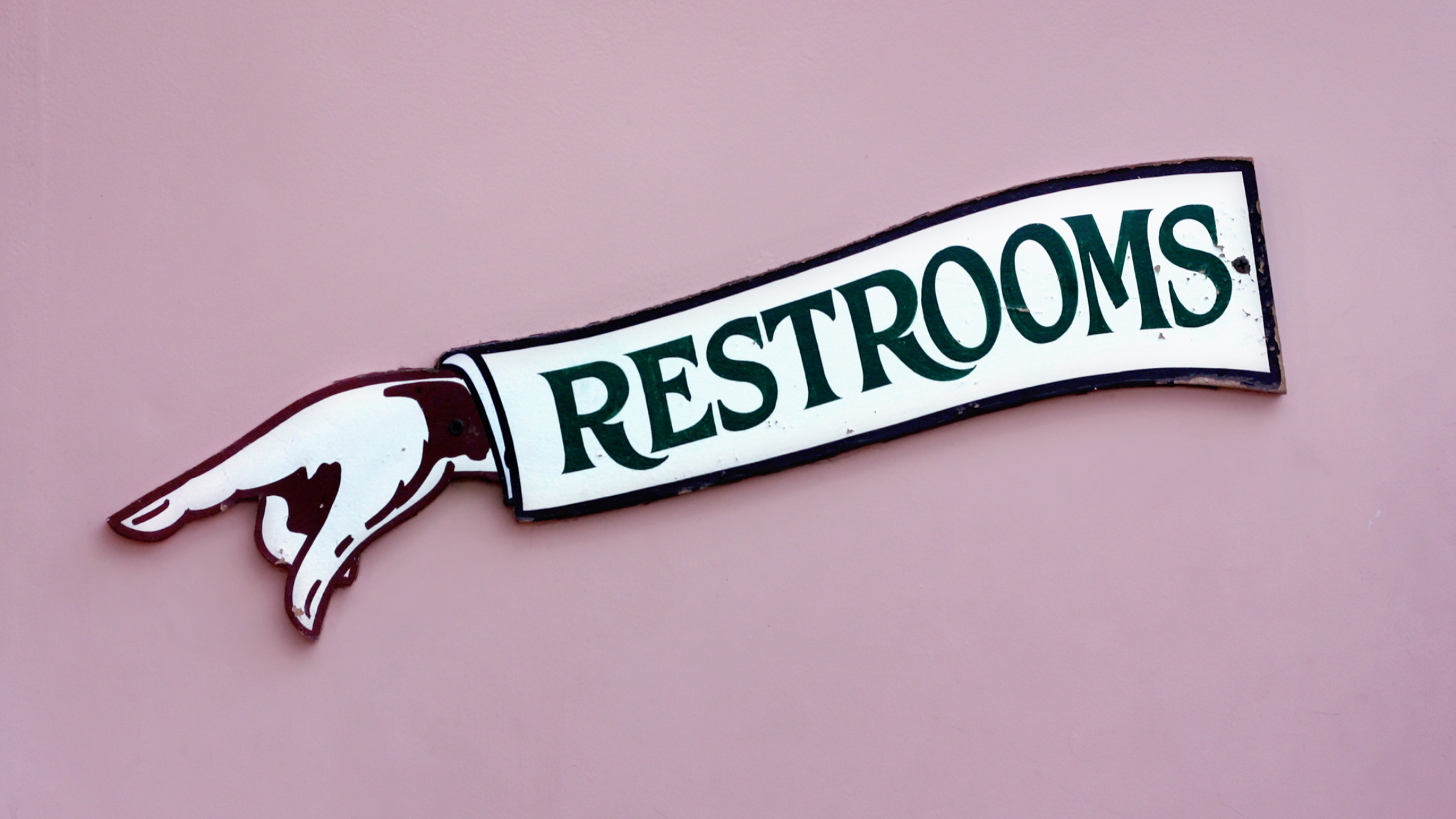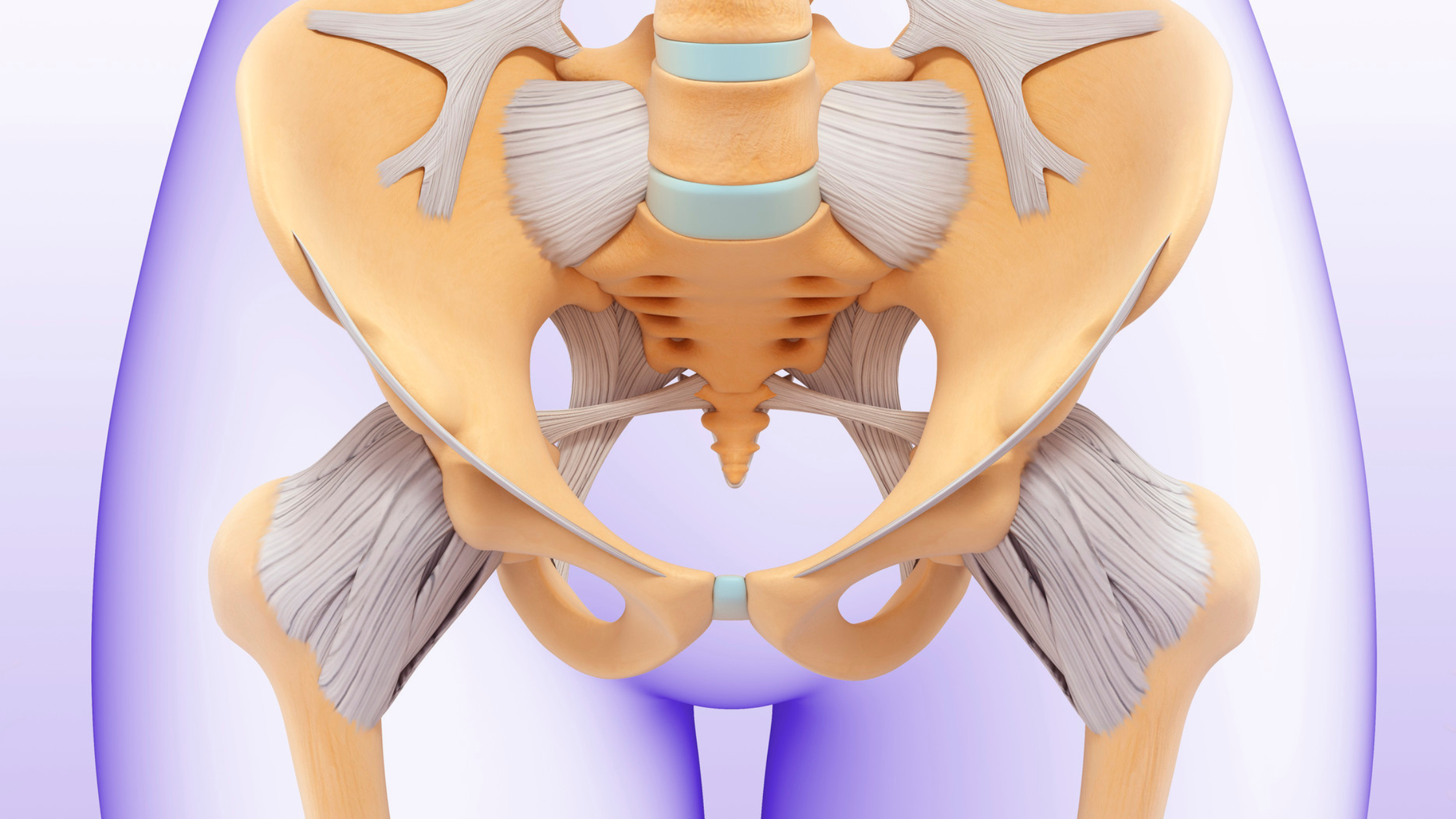4 Common Mistakes Midlife Women Make with Leaky Bladder
Written by TYE Medical on Sep 27th 2024
Urine leaks are common, with about 40% of midlife women and nearly 50% of older women living with bladder leaks of varying frequency. A leaky bladder is embarrassing and inconvenient but also treatable. However, most of these women, over 60% don’t get treatment. This is likely because they don’t see it as a medical condition or realize that there are options for managing and minimizing the symptoms. Let’s take a look at the types of leaky bladder and consider the 4 big mistakes midlife women make when dealing with a leaky bladder.
3 Types of Bladder Leaks (Urinary Incontinence)

It’s considered stress incontinence when you leak urine during physical activity or with sudden, jarring movements. This often happens when you bend, cough, exercise, lift, or walk on uneven surfaces. The muscles in your bladder and the pelvic area aren’t strong enough to contain urine with these more forceful motions.
You have urge incontinence if you have sudden and strong urges to go, even if you went recently. This type of incontinence means an accident is imminent if you can’t get to a bathroom in time. It can cause you to run frantically through an airport or search desperately for a gas station as you drive.
The third type of urinary incontinence is a combination of the previous two. When you have mixed urinary incontinence, you experience symptoms of both stress and urge incontinence, which makes managing the condition far more challenging.
Here are the 4 common mistakes midlife women make when dealing with a leaky bladder.
1. You Assume a Leaky Bladder Is
Normal
Your urine leaks aren’t a normal part of aging, which makes a leaky bladder a medical condition. But it’s not surprising that many women miss this. Doctors don’t often ask about bladder health and function, and ads for incontinence products make it seem like part of life.
Although, it’s true that there are age-related reasons for the leaks. Even though lower levels of estrogen dry and weaken bladder tissue (usually around age 50), that doesn’t make a leaky bladder “normal” and acceptable.
Wearing incontinence pads and liners isn't something you should assume you must live with. Talk to your doctor about options.
2. You’re Too Embarrassed to Mention It

Even if you expect that it’s a problem to address, you might be too embarrassed to bring it up to your doctor, especially if you’re not asked about it. While there’s much speculation about the reason, many doctors mistakenly believe that if it’s a problem, you would mention it. After all, it’s quite personal, especially for a primary care physician.
It may help you to remember the stats from the beginning of this article that highlight how common leaky bladder symptoms are. So you don’t need to be bashful about it. If your doctor doesn’t ask, it’s important that you speak up.
Often, your primary care doctor will refer you to a urogynecologist or a pelvic floor therapist. These providers handle urinary incontinence on a regular basis and specialize management and treatment methods.
If talking with your doctor is a big step, try talking to a female friend or family member first to break the ice and help you get comfortable talking about your condition.
3. You Assume the Problem Is Weak Muscle Instead of Muscle That’s Too Tense

Kegel exercises are a popular and effective way to strengthen weakened pelvic floor muscles for reasons that vary from easier child birthing to improving a leaky bladder. But sometimes, you leak urine because your bladder or pelvic floor muscles are too tense.
Tension is felt throughout the muscles of your body and not just in your neck, shoulders, and back. It affects your pelvic floor and bladder too. Whether it’s your posture or emotional life that’s creating the tension, it’s a bladder leak trigger.
Chronic tension causes your pelvic floor muscles to shorten and tighten. These tight muscles put undue pressure on your bladder and promote leaks. Not to mention that the tension can keep you from completely emptying your bladder, which can also lead to leaks and other problems.
Pelvic floor specialists can assess the state of your muscles and how tense they are. If they're too tight, they will guide you through exercises that can help relax your pelvis and improve bladder symptoms.
4. You Do Kegels Wrong

Kegels are an exercise familiar to many women. Even though you may be aware of the benefits of kegels to maintain a healthy pelvic floor, you’re probably doing them wrong. A common mistake is to push your muscles out rather than pulling up and in. The idea is to tighten your muscles as if you’re trying not to go to the bathroom or are pulling something up and inside you.
The correct way to perform kegels is to do short and long holds. Try to do about 25 quick, internal pulses a day. For longer holds, tighten and pull your muscles in for 10 seconds. If you go too long, the muscles will tire too soon. And be sure to take deep, slow breaths to promote relaxation.
Kegels aren’t forever. Once you begin doing them in the early stages of your leaky bladder treatment, you should also work to build the surrounding abdominal, hips, and back muscles. Once you have strengthened the area sufficiently, your pelvic floor muscles will respond as needed. You don’t need to continue the exercises.
Key Takeaways for Leaky Bladder
- It’s not a normal part of aging, so it’s important to get medical help.
- It’s extremely common, so don’t be embarrassed.
- The muscles in your pelvic area could be either too weak or too strong, so don't assume they’re tight.
- Be sure you’re doing kegels the right way, so you can gain the maximum benefit.
For more basic information about bladder leaks and incontinence, read our comprehensive guide.


